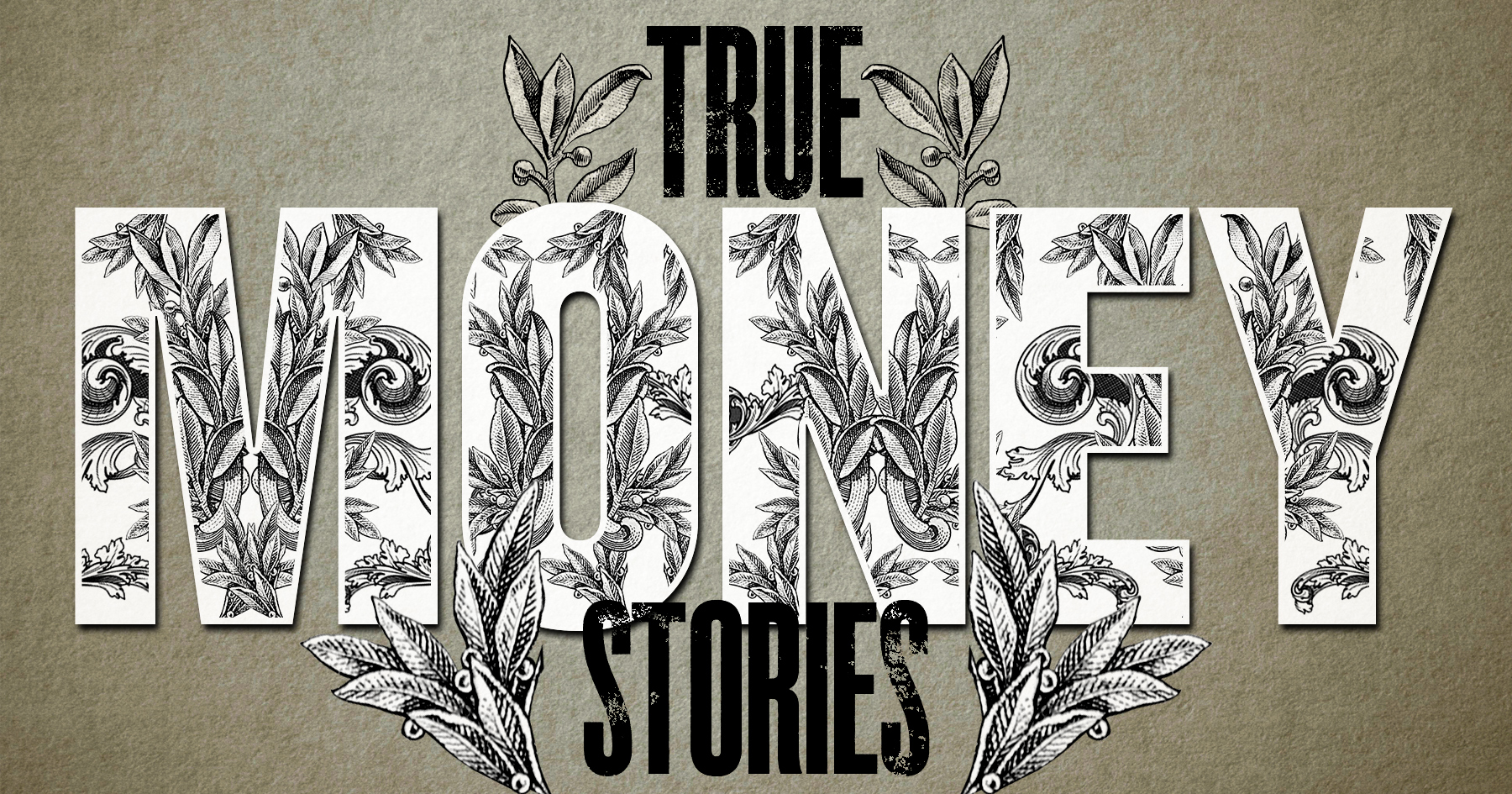It’ll surprise those of you who know me best, but aside from my 2016 mention of my condo sale, I haven’t posted about money at all in four or five years, mostly because “people get funny when you talk about munny…”
But since money is one of my six necessities for happiness, and because things are afoot in that department, I’m going to correct that with a two-part look at money and investing. This first part will be a retrospective covering the 25-year period from 1990 to 2015, and a followup post will discuss more recent developments since moving to Pittsburgh.
The Windfall

The event that kickstarted my savings was, of course, working at Sapient. I joined a startup of 120 people, and during the dot-com boom we grew to over 3,600 staff, went public in an IPO, and were added to the prestigious S&P 500. We were one of the biggest internet darlings, and my Sapient stock options made me a moderate but comfortable nest egg.
On one hand that was just an unexpected windfall: a completely arbitrary gift from the heavens. On the other hand, I worked my ass off at Sapient for seven long years, and my coworkers did the same… That windfall was the result of our long hours, huge sacrifices, mental discipline, and collective business and technical acumen.
I was a pretty conservative stockholder. I never wrote covered calls against my Sapient stock (i.e. selling others the right to buy my stock at a particular future price), nor did I use my Sapient holdings to buy other equities on margin (i.e. borrowing against unrealized paper gains). Thus I avoided the pitfalls that claimed some of my coworkers’ fortunes when the internet bubble deflated. Some simply held their stock for too long and watched, paralyzed, as it spiraled into the shitter. Others got hit with margin calls, which forced them to sell their stock well below its peak.
I was a little bit wiser and a fair bit luckier. I knew buying on margin was stupid, and also that tying up 99 percent of my net worth in one volatile internet stock was even more stupid. Instead of thinking the stock could only go up, near the top of the bubble I decided to cash out most of my stock and use the proceeds to buy a condo. I attribute the fortuitous timing to blind luck, but financial wisdom drove my decision to move my tenuous paper gains into something less volatile, e.g. real estate.
Not that I wasn’t making big mistakes of my own. When I sold, I incurred a ludicrously heavy capital gains tax burden, which threw me into the dreaded Alternative Minimum Tax category. Then I compounded the problem by not knowing enough to file quarterly estimated taxes, which incurred substantial penalties. I know: “First World problem”. But let me tell you, writing an obscenely huge tax check to the government ranks as one of the most painful things I’ve ever done. Lesson learned!
Congratulations on Your New Mortgage!
Those who parrot conventional wisdom will tell you that carrying a mortgage is a smart way to force yourself to save money, and that you get great tax benefits by writing off your property taxes and mortgage interest payments. Then you sell your home for maybe 50 percent more than the original purchase price. Sounds pretty awesome, doesn’t it?
It isn’t. Consider your expenses.
No one lends you money for free. When you add up all your mortgage payments, you’ll find that over the course of the loan, you pay back two to three times the amount you borrowed. That’s like going to the bank every week and depositing $300, but only being credited with a $120 deposit!
Then add on all the ancillary costs: local property taxes, mortgage insurance premiums, home insurance, condo fees, utilities like heat and water and sewer and electricity, maintenance and repair, and more. Now your 50 percent profit is looking mighty thin.
But you won’t see that 50 percent profit anyways. Remember that when you sell your home, you’ve also got to cover the real estate agent’s fee and closing costs. And if there’s still any profit left, don’t forget the tax the government will levy on your capital gain.
Sure, sometimes owning a home makes financial sense. But much of the time it doesn’t, and it’s a ludicrously inefficient way of saving for your future.
Unemployment, or “Quasi-Retirement”?
So after selling my stock, my main job became ensuring that I could pay for that mortgage lunacy. For the next decade, I bounced around five jobs, quitting twice, being laid off twice, and taking severance when one employer got bought out. That’s pertinent because I learned one of the most valuable financial lessons of my life after leaving Sapient due to my first layoff experience.
Being laid off ain’t so bad at first. You might get some severance pay, and you’ll get unemployment insurance checks. You might be able to get by for a while; I did. I even kept my mortgage payments up! But a year later I had a problem: how to pay the mortgage when both my severance and unemployment ran out?
About the same time, I realized something important while doing my post-layoff income taxes. My only income that year came from my severance and unemployment checks. Then, when I looked at my deductions, I got those promised mortgage interest and property tax deductions, which would offset about $25,000 worth of income. Basically, those huge deductions offset all of my meager income, which meant I owed zero taxes!
But with my severance gone and unemployment ending, I was in a really strange position. I had a huge liability to pay (my mortgage), but no income, and a huge $25,000 tax deduction which I couldn’t benefit from unless I had income! If only there was some way to apply the deductions to my mortgage payment…
That’s when I remembered my other big, forgotten asset: my retirement savings. There was plenty of cash in my 401k and IRA, but since I wasn’t retirement age, I would have to pay regular income taxes on anything I withdrew, plus a 10 percent penalty.
But if I only withdrew $30,000, that “income” would be completely offset by my mortgage deductions, plus my personal income tax exemption. Essentially, I could withdraw a certain amount from my retirement account, and—thanks to those mortgage deductions—pay *no income taxes on it at all*, just the 10 percent penalty! Then I could use that money to pay my mortgage, and everything would be copacetic!
Now, I wouldn’t advise normal people to raid their retirement account. But compared to my Sapient windfall, my IRA was a small part of my net worth. I always expected to finance my retirement with the proceeds from my Sapient stock (now tied up in my Back Bay condo), rather than my comparatively small “retirement” account. So it actually made sense to raid my IRA account.
That worked out so well that I took three years off between Sapient and my next job. I recharged my utterly depleted energy levels, did lots of biking, traveled, and generally just enjoyed the hell out of life. It felt like taking three years of my retirement and pulling them forward into my forties, when I could enjoy them more fully than if I were older. It was an immense, immense blessing.
And boy, did I internalize that lesson! When I went back to work, I dedicated myself to building up my savings, so that when I was laid off again in 2008, I could afford to take two years off without having to raid my retirement account. And another whole year off in 2014, when my employer was bought out. And I converted the majority of my IRA to a Roth IRA, a taxable event that was made easier by having no other income for that year, but large mortgage deductions.
To be honest, in the 16 years since Sapient let me go, I’ve spent more time unemployed than employed. Having the financial resources to take a year or two between jobs, bringing several years of my retirement forward, has been one of the greatest blessings and most valuable financial lessons of my life.
Taking Stock
After leaving Sapient, my financial life was mostly quiet, since most of my net worth was tied up in my condo. I did hold some money back, so that I had a little cash to invest elsewhere.
At first I tried my hand buying individual stocks, but being very uneducated about the market, I had mixed results at best. Looking back, I’m surprised at how many individual stocks I bought. At various points I held: Cardinal Health, Staples, Fleet Bank / BankBoston, gold miner Freeport McMoran, MBNA, and Sprint.
I never made real money on any of those stocks, and eventually accepted the fact that I was taking too much financial risk and not reaping any reward. And more than anything else, I wanted to keep those assets safe, so that they would cover my expenses if I had the opportunity to take time off between jobs. So I satisfied myself with the much safer alternative of just buying and holding less volatile mutual funds.
Paying the mortgage and shepherding my assets, alternating between work and time off: that’s how more than a decade would pass. That would change dramatically in 2016, but that part of the story will be told in my followup post: The Ghost of Munny Present…


